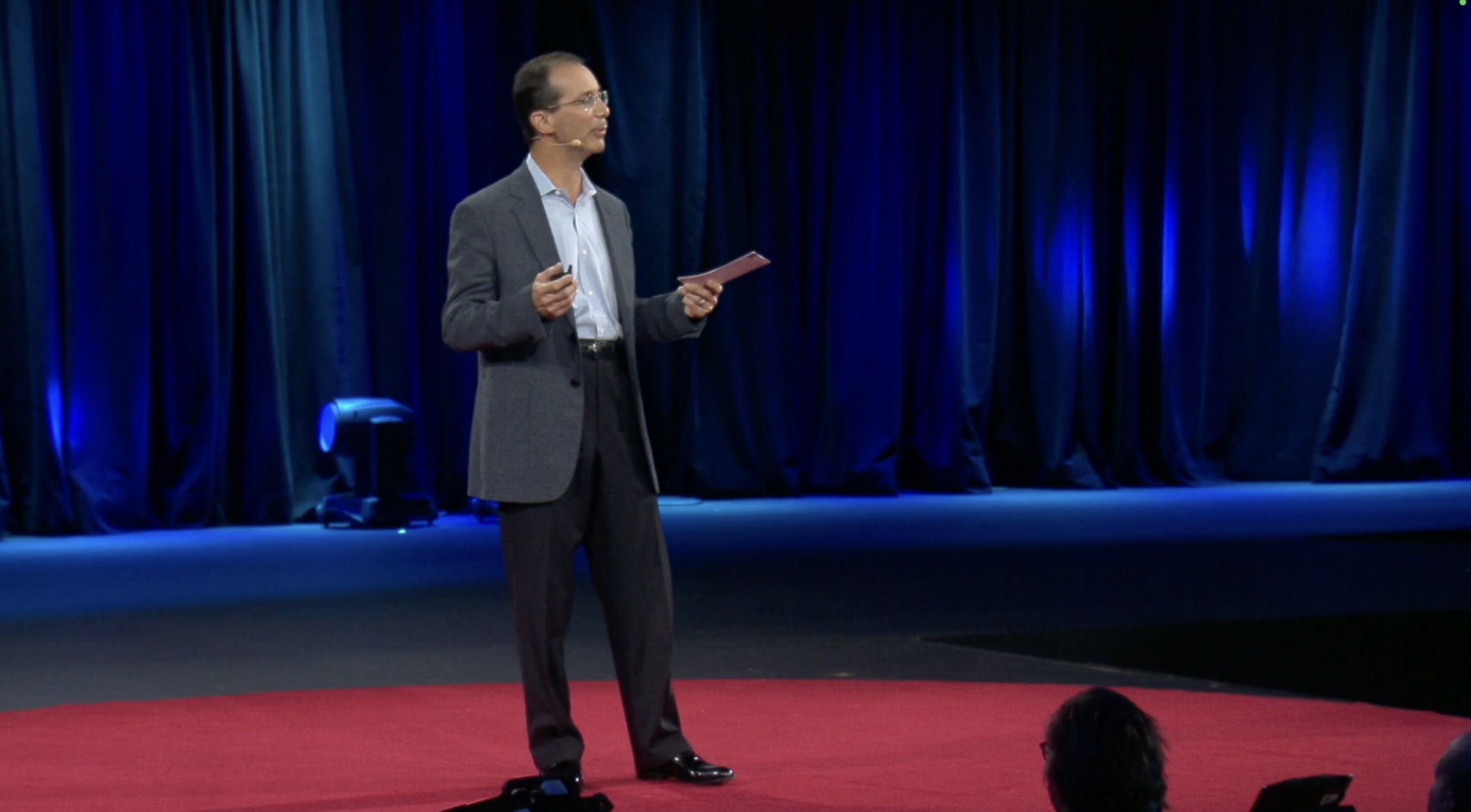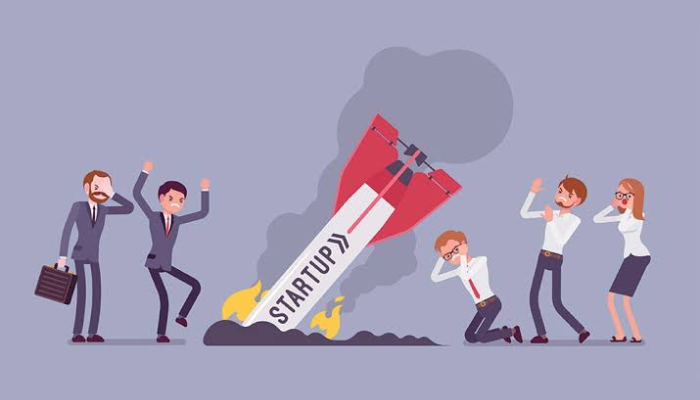In the fast-paced world of startups, the difference between wild success and dismal failure can seem elusive. Entrepreneurs pour their hearts, minds, and resources into their ventures, yet statistics show that the majority of startups fail within the first few years. What separates the winners from the rest? Bill Gross, a seasoned entrepreneur and founder of the startup incubator Idealab, set out to answer this question through data-driven research. His findings revealed surprising insights into what truly matters for startup success.
A Data-Driven Approach to Decoding Success
Gross’ journey began with a simple yet profound curiosity: why do some startups thrive while others flounder? He drew from his experience with hundreds of companies—both those he founded and those he observed closely. Gross identified five key factors that he believed influenced the success of a startup. These factors were not chosen arbitrarily but were based on his years of experience and observations in the entrepreneurial ecosystem.
The five factors Gross analyzed were:
- Idea – How groundbreaking and innovative is the concept?
- Team/Execution – Can the team effectively bring the idea to life?
- Business Model – Is there a clear and sustainable path to profitability?
- Funding – Are there sufficient financial resources to support growth?
- Timing – Is the startup launching at the right moment?
Gross ranked each factor across a variety of startups to assess which had the greatest impact on success. The results were eye-opening.
The Surprising Standout: Timing
While all five factors were important, timing emerged as the single most critical determinant of startup success. This finding surprised even Gross, as many assume that a great idea or an exceptional team is the primary driver of success. Yet timing accounted for 42% of the difference between success and failure in the startups Gross analyzed.
Consider examples like Airbnb and Uber. Airbnb launched during the 2008 financial crisis when people were looking for affordable travel options and homeowners were eager to earn extra income. Similarly, Uber’s rise coincided with the widespread adoption of smartphones and the demand for convenient transportation. Both companies had strong teams and solid ideas, but their impeccable timing allowed them to thrive.
Why Timing Matters So Much
Timing is critical because it reflects market readiness. A startup can have an excellent product, but if the market isn’t ready to adopt it, the business is unlikely to succeed. Gross found that timing can affect several key aspects of a startup:
- Customer Adoption: If the market isn’t familiar with or ready for the product, adoption rates will be slow.
- Competitive Advantage: Launching too early or too late can allow competitors to dominate the space.
- Economic and Technological Conditions: Broader factors like economic downturns, technological advances, or cultural trends can influence the receptivity of a product.
The Role of the Other Factors
While timing was the standout factor, the other elements Gross analyzed also played significant roles. Here’s how they contribute to startup success:
- Idea: A compelling idea is the foundation of any startup. It attracts attention, motivates teams, and creates a unique value proposition for customers. However, even the best idea won’t succeed if launched at the wrong time.
- Team/Execution: A strong team with the ability to execute the idea effectively is indispensable. The right team can adapt to challenges, pivot when necessary, and outpace competitors.
- Business Model: A clear, scalable, and sustainable business model ensures that the company can generate revenue and sustain operations in the long term.
- Funding: Access to capital is essential for scaling operations, investing in growth, and weathering challenges. However, funding alone cannot guarantee success if the other factors are misaligned.
Lessons for Entrepreneurs
So, what can entrepreneurs take away from Bill Gross’ research? Here are some actionable insights:
- Evaluate Timing Thoroughly: Before launching, assess whether the market is ready for your product or service. Research trends, customer needs, and technological readiness.
- Adapt Quickly: Even if your timing isn’t perfect, a strong team that can adapt to market signals can improve your chances of success.
- Balance All Factors: While timing is critical, don’t neglect the other components. A great idea with strong execution and a clear business model increases your odds of thriving.
- Stay Data-Driven: Use market research and analytics to inform your decisions. Gut instincts are important but should be backed by data.
Conclusion
Cracking the code of startup success isn’t about chasing the latest trend or relying on a single factor. It’s about understanding the interplay of various elements and recognizing that timing often serves as the linchpin. Bill Gross’ research sheds light on the importance of launching at the right moment while highlighting the need for a strong idea, capable team, viable business model, and adequate funding.
For entrepreneurs, the message is clear: focus on the factors you can control, remain adaptable, and always keep an eye on the market. By doing so, you’ll be better equipped to navigate the complex journey of building a successful startup.





